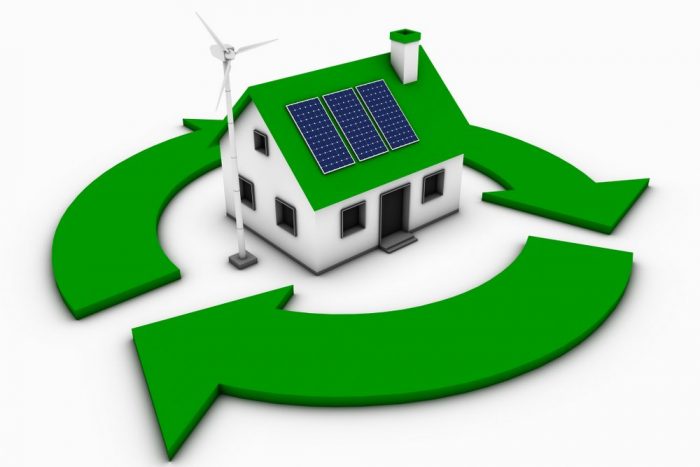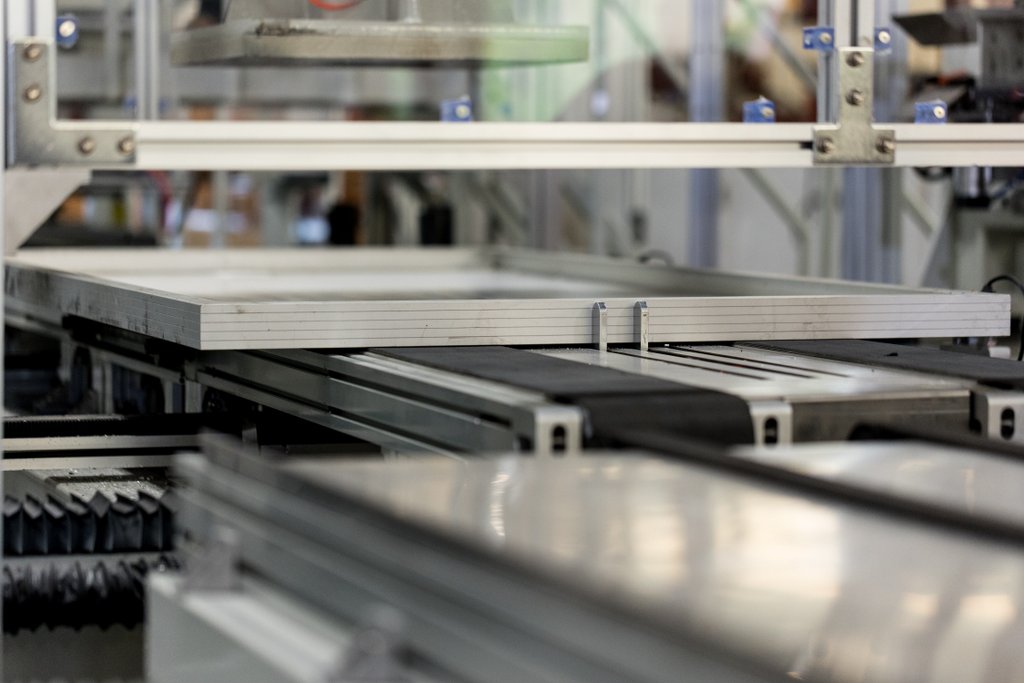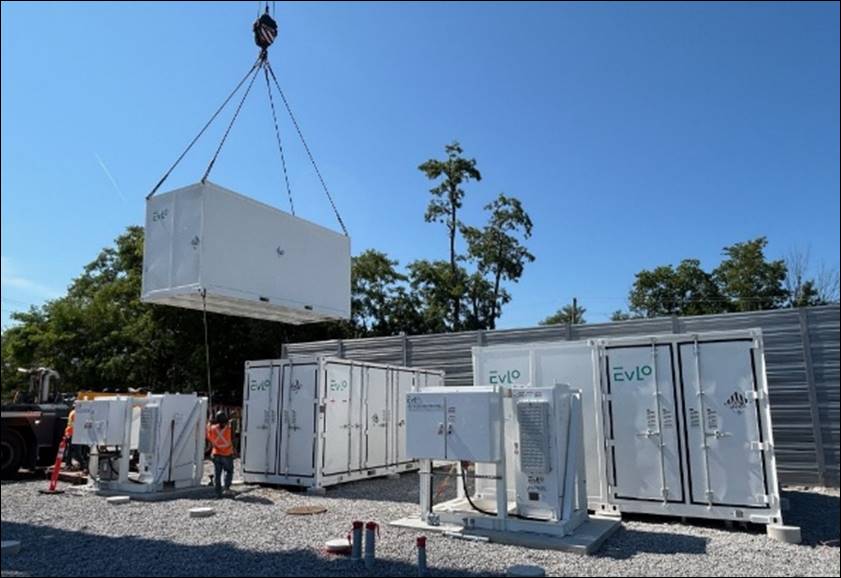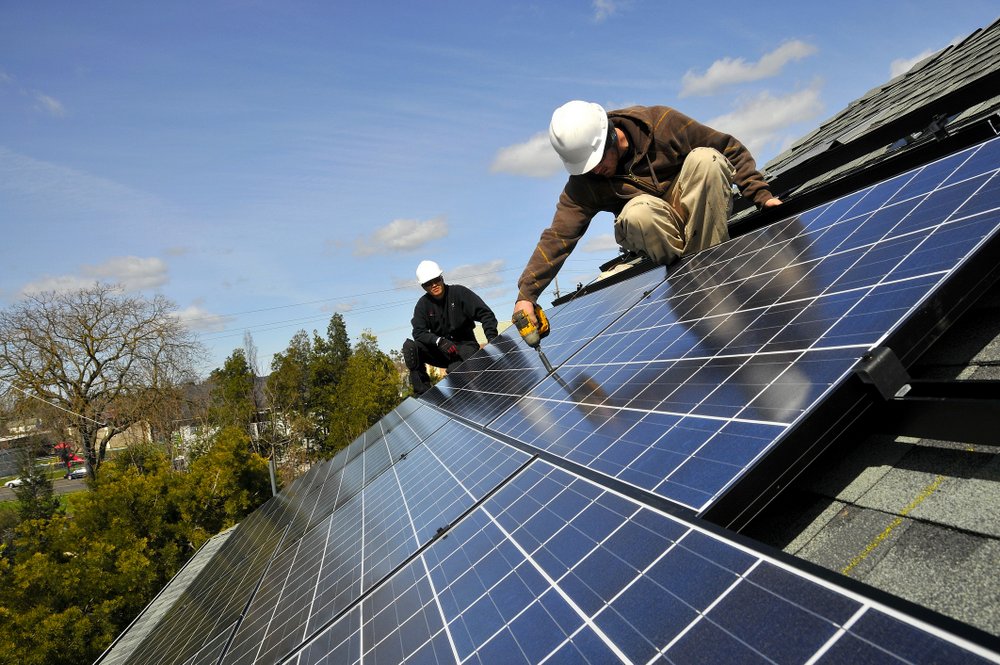SEIA takes up SolarRecycle.org as solar panel recycling efforts expand nationwide
With SEIA taking stewardship of SolarRecycle.org and OnePlanet earning top certification for traceable PV recycling, the solar industry keeps building the infrastructure for a circular economy

The solar industry’s push toward a circular economy is picking up speed — from new digital tools for asset owners to advanced recycling facilities ready to scale.
The Solar Energy Industries Association (SEIA) this week officially announced its acquisition and relaunch of SolarRecycle.org, a platform originally launched by a group of dedicated industry pros in 2021 to connect solar companies with recycling and refurbishment partners. The update coincides with SEIA’s first Sustainability Conference, held this week in Savannah, Georgia, and follows the release of SEIA’s Circular Economy Roadmap earlier this summer.
“With solar and storage continuing to account for the vast majority of the new power coming onto America’s electric grid, strategic end-of-life management of solar equipment will be critical for the long-term success and sustainability of our industry,” said Abigail Ross Hopper, SEIA president and CEO.
A one-stop hub for end-of-life solar management
The refreshed SolarRecycle.org is now fully managed by SEIA and serves as a free public resource for anyone seeking to responsibly manage solar and energy storage equipment at the end of its life.
Resources include:
- An interactive map of collection sites and SEIA-vetted PV recycling partners
- Up-to-date information on state and local legislation governing solar waste
- Industry standards for recycling best practices
- Reports and factsheets on the safety and environmental health of solar components
“Through SolarRecycle.org, our industry—as well as policymakers, media, and the general public—will have unfettered access to valuable resources that will enhance sustainable business opportunities and increase adoption of best practices for retired solar equipment,” Hopper said.
The original SolarRecycle.org team, led by founder Kate Collardson, built the platform as a volunteer effort in 2021. “We’re thrilled to pass the website over to SEIA to ensure that all information available is accurate and up to date,” Collardson said.
Florida recycler earns R2v3 certification for traceability
At the same time, a Florida-based solar recycler is setting new standards for what responsible processing looks like. OnePlanet Solar Recycling, LLC, headquartered in Jacksonville, announced that its Green Cove Springs facility has earned R2v3 certification from SERI, the highest global standard for responsible electronics recycling and traceability.
To earn the certification’s Appendix G designation, OnePlanet had to demonstrate complete material traceability — tracking every pound of aluminum, copper, glass, and silicon entering and leaving its facility to verify that materials are processed responsibly and returned to compliant end users.
“The industry has a responsibility to implement verifiable mechanisms to guarantee that solar panels are being recycled and processed responsibly,” said André Pujadas, CEO of OnePlanet. “At OnePlanet, we are committed to ensuring that the materials and metals extracted can be definitively traced to compliant, responsible end-users.”
Founded in 2023, OnePlanet recently closed a $7 million seed round led by Khasma Capital to develop its River City Project, a large-scale solar panel recycling facility in Green Cove Springs expected to process up to six million modules per year once operational — one of the largest dedicated solar recycling operations in North America.
OnePlanet’s advanced materials recovery process targets aluminum, copper, and silicon — all critical to the energy and semiconductor supply chains — helping reintroduce these materials into domestic manufacturing rather than landfilling them.
Toward a unified circular solar market
Between SEIA’s leadership on information and policy, and recyclers like OnePlanet building scalable, verifiable infrastructure, the U.S. solar sector is beginning to fill the gaps in its end-of-life ecosystem.
The combined efforts reflect an industry increasingly focused on sustainability as a metric of maturity — not just production.
As Vaughan Woodruff, SEIA vice president of regulatory programs, put it: “There will need to be significant investment in EV and solar infrastructure to meet our clean energy targets. Standardizing and scaling responsible recycling practices ensures that growth remains sustainable, both environmentally and economically.”





Comments are closed here.